The emergence of state PMTA (Premarket Tobacco Product Application) Registries sparks major debate. It causes concern among current adult smokers, industry stakeholders, and public health advocates alike. These registries were designed to "safeguard" public health by "regulating" the sale of vape products.
Now, though, they're becoming a focal point of contention. That's because state PMTA registries severely limit consumer choice. More states are considering or enacting PMTA registry legislation. In fact, Utah is the latest state to do so! It's more imperative than ever to consider the broader implications of these restrictive measures.
What are the consequences of over-regulation? How do state PMTA registries limit consumer choice and ultimately hurt the users of these products? We delve into the intricacies behind these registries to understand them better. Let's dive into our full guide on the topic.



What are State PMTA Registries?
PMTA registries are databases maintained by each state designed to regulate the sale of tobacco products. Simply put, the registry contains information about products reviewed through the FDA's PMTA process. If a product is not granted a marketing order by the agency, it is illegal.
Critics argue, though, that these state registries limit the choice of the consumer. To this date, only seven tobacco products have been approved by the FDA, all of which come from cigarette companies and nothing from independently owned small businesses such as BLVK E-Liquid.
The Rise of PMTA Registry Bills
In recent years, there's been a flurry of activity in state legislatures about PMTA registry bills. As a growing trend, it's important to stay aware and informed. Here's what you need to know.
What's Happening?
States nationwide consider or enact PMTA registry bills. These aim to regulate the sale of vaping products - to a severe degree. The surge in legislative interest reflects growing concerns by the tobacco industry.
States design PMTA registries to close regulatory loopholes exploited by "bad actors." Before selling new tobacco products, the FDA must grant it a marketing authorization order. However, as the agency has denied all but seven products, several brands exist in a legal limbo as several ongoing lawsuits are pending and countless other products simply exist illegally.
Enter PMTA Registries
These bills propose establishing state-managed databases that list approved vaping products. And to be on the registry, manufacturers must provide proof of FDA authorization. After all, these bills aim to "protect" users from potentially harmful, unapproved products.
What's the drawback, then? Constitutional Law experts argue that states are making politicized and sensationalized policy without consulting with the true law of the land - the federal government.
In addition to that, but the fact that the registry would literally list seven products as opposed the thousands actively proliferating nationwide would spell disaster in providing ample resources for any active smoker looking to make the switch. Historically speaking, the lack of consumer choice would effectively kill an industry as the audience demographic in question would simply gravitate towards the product most readily available.

The Impact of Over-Regulation on Consumer Choice
You may still be wondering what the drawbacks of PMTA registries are at large. Let's look at the implications of over-regulation for consumer choice. We'll look specifically at the vaping industry.
- Reduced Product Diversity - Excessive regulation means less variety in vaping products readily available. Strict requirements and compliance burdens is likely to deter smaller manufacturers and retailers. As a result, products simply leave the market and narrow the range of available options for users.
- Limited Innovation - Overly restrictive regulations can stifle innovation in the vaping industry. With so many rules in place, brands may just invest less into product research & development and available flavors. Users would simply miss out on potential advancements in vapor technology and improvements in product offerings.
- Higher Costs - Compliance with stringent regulatory requirements often entails more costs for the manufacturer and its retailers. The uptick in labor cost is inevitably passed onto the consumer. Compound that with an ever restrictive tax policy and users are effectively priced out of a categorically better product. This makes vaping less accessible to certain segments of the population. Limiting consumer choice and reducing access to an otherwise effective harm-reduction tool isn't ideal.
- Market Consolidation - Larger companies get to dominate the industry when registry bills like these pass. Stringent regulations mean fewer little guys on the playing field. With fewer competitors on the market, you're looking at less competitive pricing and virtually no innovation.
- Impact on Variety & Preferences - Every vape user has their own unique preferences regarding flavors, nicotine strengths, and device types. Overregulation restricts certain product categories and flavor options - limiting consumer choice. It also fails to cater to the diverse preferences within the vaping community.
Since vaping is a by-and-large a smoking cessation tool, overregulation reduces its accessibility and potential. It diminishes consumer choice and limits product diversity. Finding the right balance between regulatory oversight and preserving consumer choice is vital for the future of the vaping industry.
Balancing Regulation and Consumer Decision-Making
So, how does one strike the right balance between regulation and leaving the freedom of choice to its beneficiaries? It requires a collaborative effort between policymakers, public health experts and consumers themselves. There are several ways to achieve this collaboration.

Consumer Education
As a consumer, empower yourself with accurate information about the vaping industry. Learn about the safety of vaping products, its risks and potential benefits. Take part in an educational campaign to make a more informed decision about vaping. Our goal is to help users reduce their reliance on harmful products and potentially harmful sources of information.
Advocacy and Engagement
Users can advocate for policies that prioritize harm reduction and consumer choice. Don't just leave the decision making to your representatives and lobbying groups. Engage, participate in advocacy campaigns, and share your experiences about vaping. Together, users like you can help shape regulations that reflect their interests and priorities.
Support Research and Innovation
Gone are the days of e-liquid being made in someone's garage and devices having the risk of exploding in your pocket. The vaping industry has come a long way and is ready to embrace responsible product innovation. Engaging with your favorite vapor brands may lead to the development of safer and more effective products. Policies that consider safety and innovation benefits both consumers and public health.
Closing Thoughts
In short, restrictive legislation that bans or overregulates products ultimately limits consumer choice, therefore, you. And that's a disservice to the protection of public health. These restrictive regulations reduce the number of effective harm-reduction alternatives. Engage with your policymakers to remove restrictive legislation that inhibits consumer choice without improve safety. As a community, users can demand their voices be heard.
In the meantime, enjoy premium e-liquids and disposable vapor devices from a trustworthy brand that meets and maintains current regulatory compliance. Shop BLVK E-Liquid today for an unmatched vaping experience.


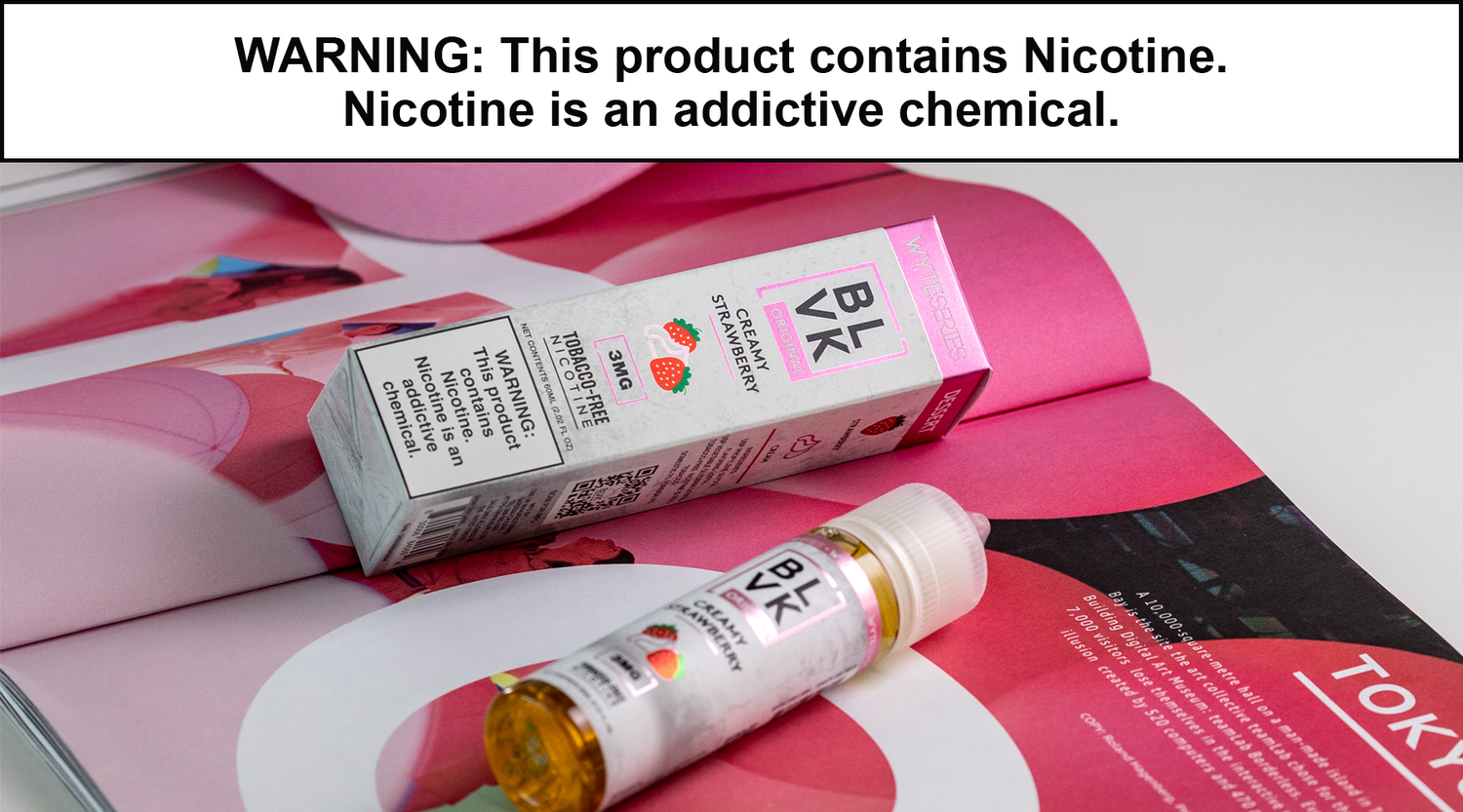
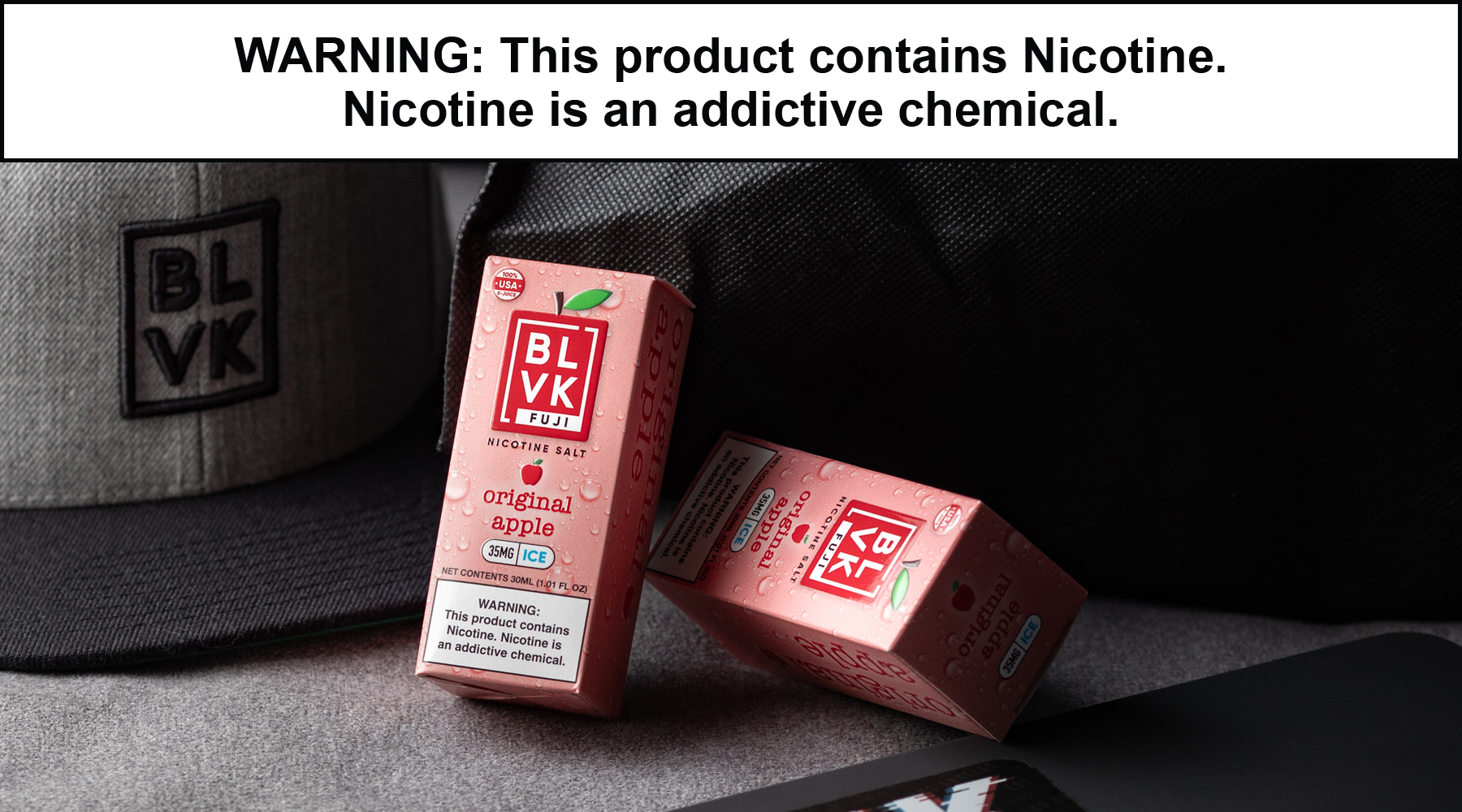
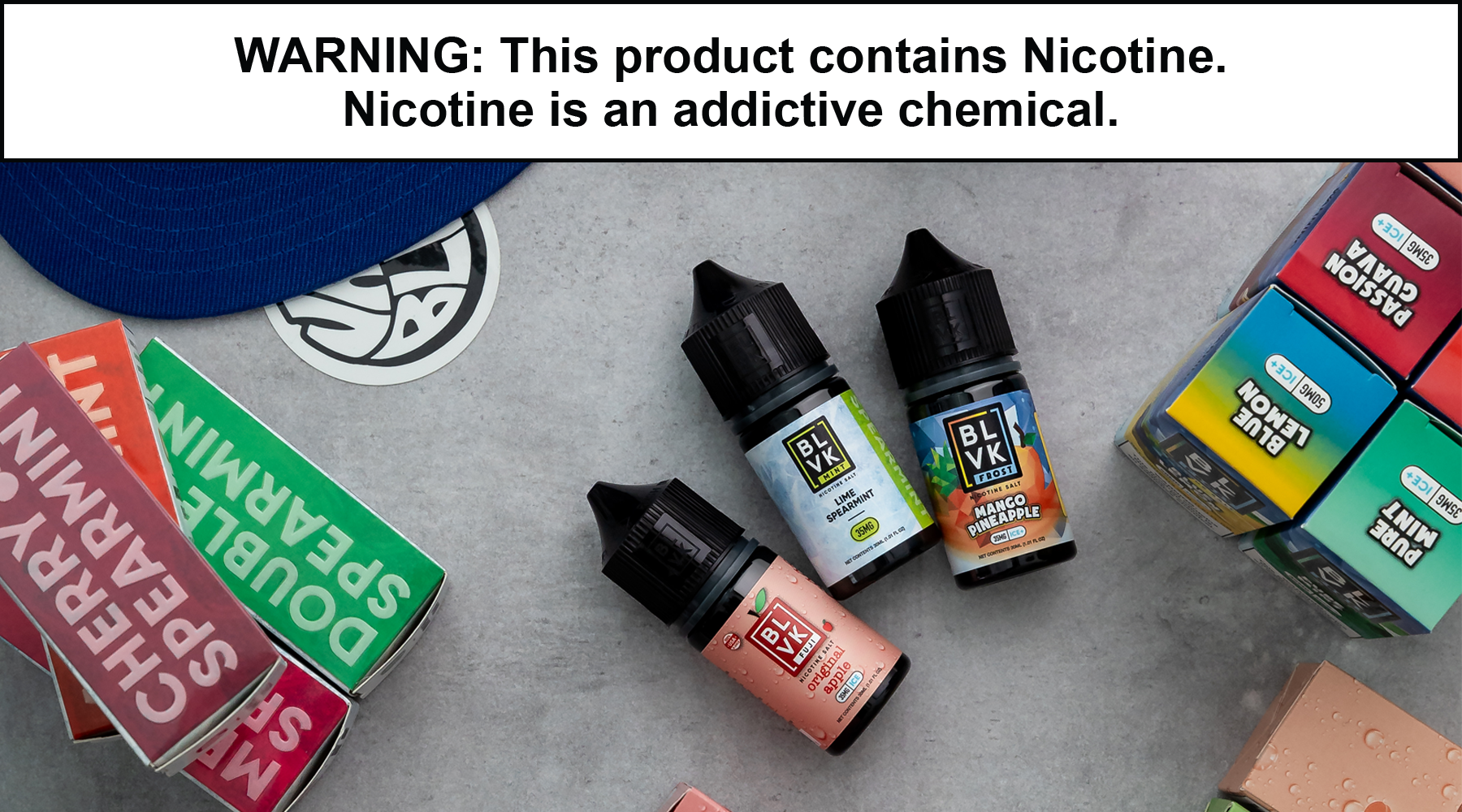

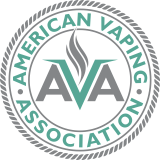

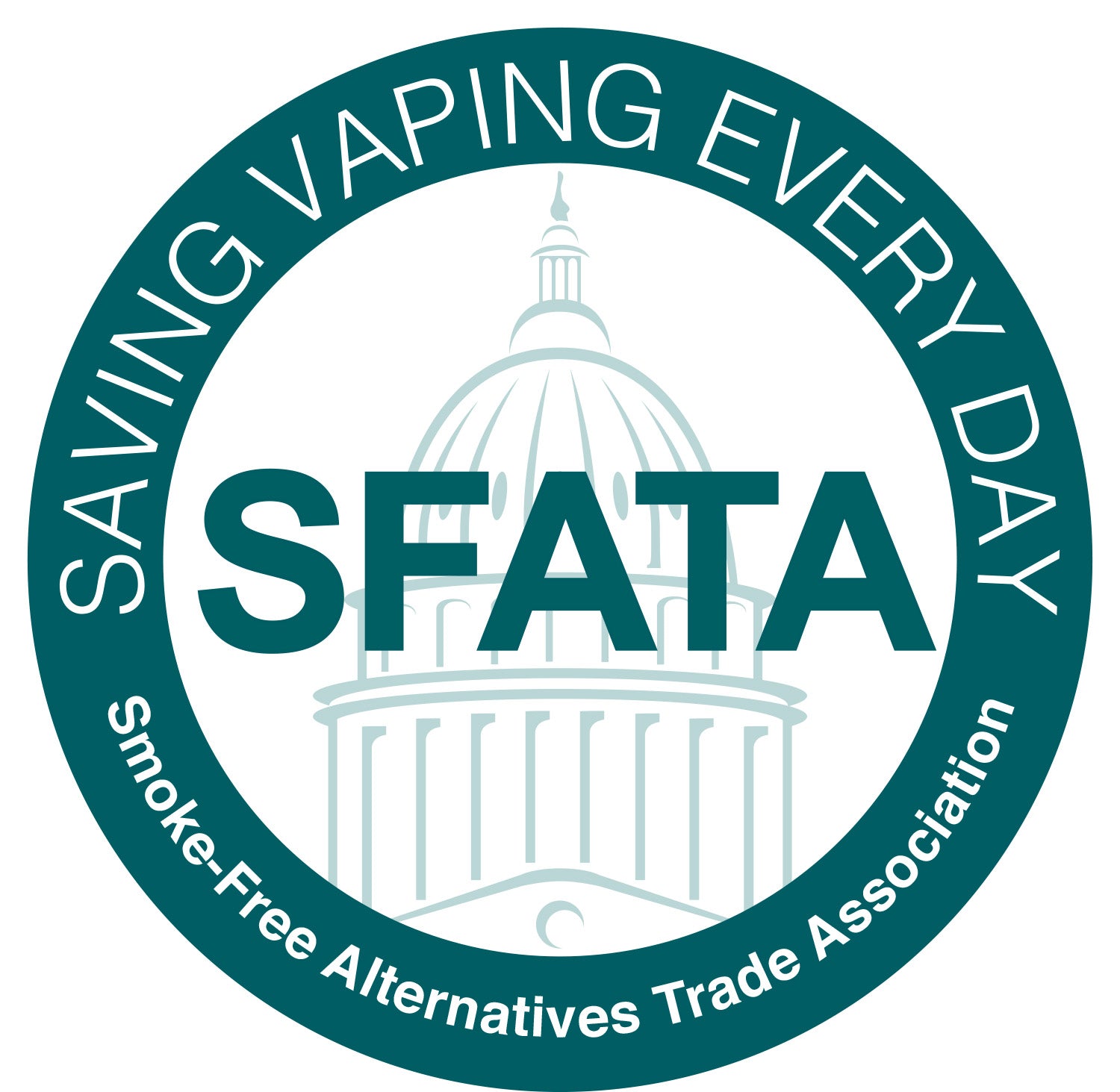
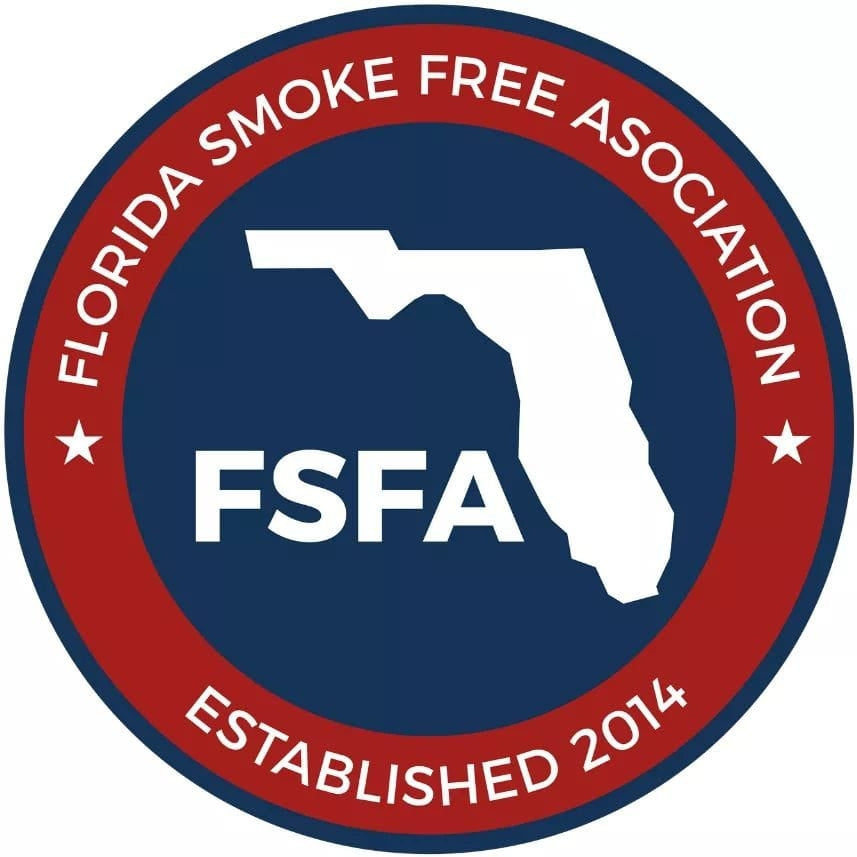
Dejar un comentario
Este sitio está protegido por hCaptcha y se aplican la Política de privacidad de hCaptcha y los Términos del servicio.